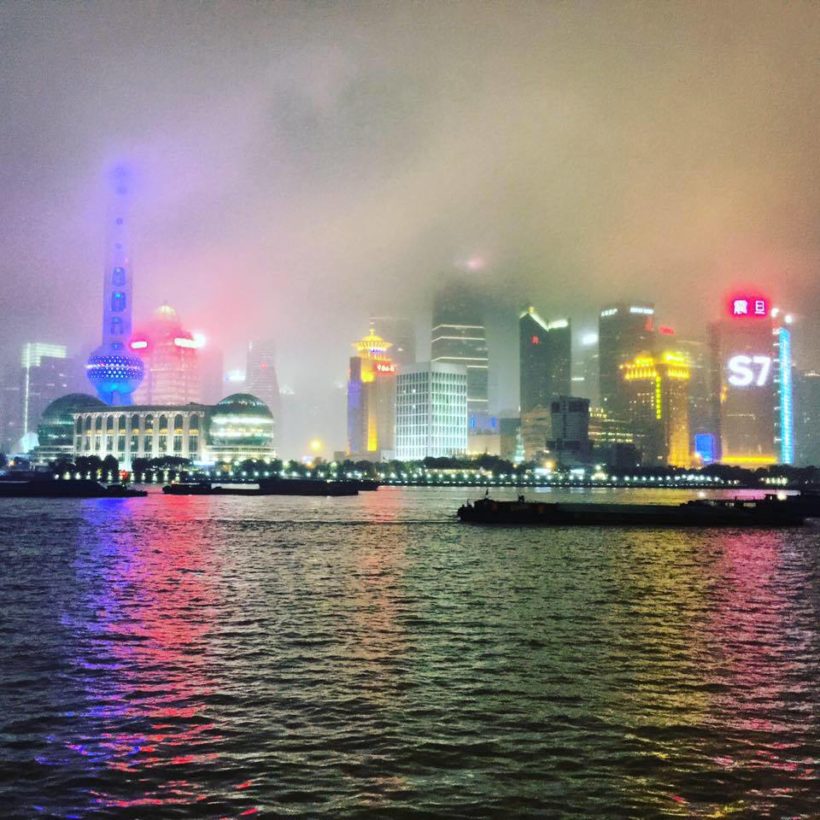The strength of cultural exports and the considerable economic clout of certain countries have inevitably resulted in their interpretation of the concept of human rights dominating global discourse for a long period of time.
But as certain developed nations defend their conception of human rights while attacking less advanced countries under such pretexts, they have found it difficult to maintain a good human rights record at home.
Mass shootings, entrenched racial inequalities and military offensives that have exacerbated suffering in other nations undermine the US monopoly on interpreting human rights norms. Worse, some of the moral arguments advanced seem to ignore prevailing realities and historical lessons, giving rise to accusations of double standards.
In this context, an alternative for the advancement of human rights presents itself as a necessary reality. Thus, China may offer an interesting perspective, having set an illustrative example of a particular path that may prove relevant for a large number of developing countries.
China’s rapid economic rise since the late 20th century has been instrumental in raising the living standards and protecting the rights of its people, but other emerging powers have also achieved much.
What characterises this nation of 1.4 billion people are the administrative and organisational strengths that have facilitated many successes. As Zhang Weiwei, the director of the China Institute at Fudan University in Shanghai, said in a speech at the South-South Human Rights Forum 2021, “China’s experience in promoting human rights shows that it is often more important to promote human rights through political means”.
Zhang made a detailed comparison between the world’s two largest economies. He noted that the United States spent $2.3 trillion on the war in Afghanistan alone, plunging the Afghan people into misery while more than half a million Americans remain homeless. China, he said, offers a model that could eradicate extreme poverty worldwide with the same amount of money.
In February 2021, Chinese President Xi Jinping declared the final victory in eliminating extreme poverty across the country. Some 99 million poor rural residents escaped absolute poverty in the eight years prior to that declaration.
According to Xi, this landmark success in promoting human rights in China is attributed to the centralised and unified leadership of the Communist Party of China (CPC), which provides a “political and organisational guarantee” for the nation’s poverty alleviation efforts.
‘Political means’
China’s Constitution specifies that the government, the organ charged with exercising state power and administering state affairs, operates under the leadership of the Party. Under this framework, the CCP presents long-term goals, strategies and guiding principles for the country, while the National People’s Congress, the national legislature, formulates corresponding policies that the government is responsible for implementing.
This policy framework optimises policy implementation by ensuring that decisions and arrangements made at the highest level are implemented quickly and correctly at all levels of government.
Meanwhile, the Party’s centralised and unified leadership allows it to oversee the big picture and coordinate all branches of government and the Party. The CCP led the contribution efforts of its 90 million members throughout the poverty alleviation campaign, with Party leaders at all levels taking primary responsibility for achieving the ambitious goals.
China considers the rights to livelihood and development as fundamental rights. Putting food on the table for its 1.4 billion people and enabling the vast majority of them to support themselves is therefore a top priority.
The 750 million Chinese who have been lifted out of extreme poverty over the past four decades accounted for roughly three quarters of the global total during that period. Beate Trankmann, resident representative in Beijing for the United Nations Development Programme, sees China’s bottom-up, targeted approach as a valuable benchmark for other nations. Trankmann said that by maintaining the same level of determination to eradicate extreme rural poverty, China can not only build on the remarkable progress already achieved domestically, but also continue to contribute to sustainable development globally.
A shared future
China’s emphasis on livelihood and development, which corresponds to the immediate needs of developing nations, has also prompted the country to launch initiatives such as the Belt and Road Initiative. According to a World Bank study, the initiative could help 7.6 million people out of extreme poverty and 32 million out of moderate poverty.
These efforts are in line with President Xi Jinping’s concept of “a community with a shared future”, which envisions a world enjoying common prosperity in line with humanity’s aspiration for progress, and which contributes to the global advancement of human rights. This concept has been included by the United Nations in some of its publications and documents.
Wang Yiwei, Director of the Institute of International Affairs at Renmin University of China, considered in an article published in CGTN that the construction of a community with these characteristics is not an empty slogan, but something feasible through tools such as the Belt and Road Initiative, the formulation of a new way of understanding international relations and the creation of a connecting network of global partners. For Wang, the interconnectedness of human beings emphasises active control of human destiny, rather than passive acceptance of it.












